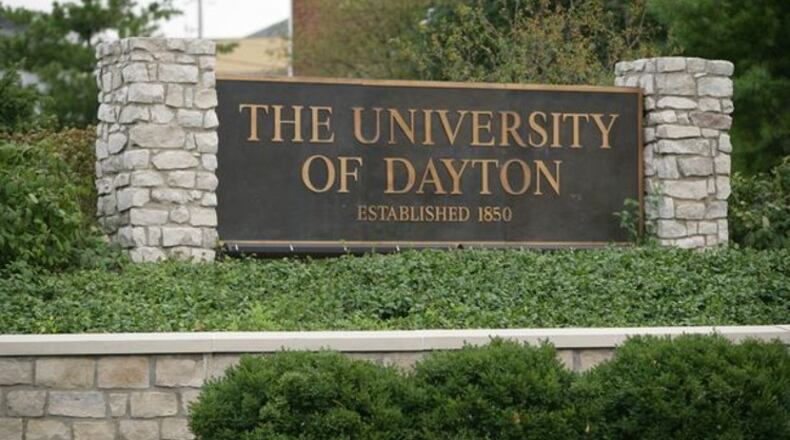Spina said small clusters of COVID-19 are emerging because some students are not following required measures to prevent spread of the virus.
“These students are ignoring the safety protocols put into place to help keep us on campus this fall,” he wrote. “Students are gathering in groups that are larger than allowed, having parties, not wearing face coverings, and not observing physical distancing.”
UD has 16 active cases, according to the university’s website. Of the total 22 cumulative positive cases since June 23, students have accounted for 20 cases, two have been employees, one was another individual who visited campus.
“What’s happening now is entirely predictable and preventable,” said Joel Pruce, an associate professor in the Department of Political Science. “Whereas I do not fault college students for acting like college students, I think we really have to examine all the circumstances and the decisions that were made to create the circumstances for these kinds of clusters to take shape. I’m afraid these are not the last ones we’re going to see.”
Students started moving in Aug. 8 for the current semester. Students who test positive for the coronavirus have returned home to isolate, and those they identified as close contacts are in a 14-day quarantine. The first campus case was reported June 23.
The move Thursday to Status 2 of the university’s five-tiered response means small outbreaks have been detected but should be able to be contained with contact tracing. The highest status, Level 5, would lead to vacating campus, according to the university.
The university immediately instituted measures and reinforced others Thursday. Individuals who refuse to comply will be required to leave campus and study remotely, Spina said.
- Students who do not fully cooperate with contact tracers will be sent home immediately.
- Informal, non-University-sanctioned social gatherings of more than 10 people continue to be prohibited.
- Student organizations may meet in person only as approved. Organizations that violate this requirement and/or safety measures will be suspended and their activities prohibited at least through the end of the semester.
- All students, faculty and staff, as well as visitors, must comply with physical distancing and wear face coverings when they are outside with others, including socializing on porches.
The university said it has a “high degree of confidence in our ability to isolate and contain flare-ups” in a second letter from Spina to the campus community.
Clusters of confirmed cases are not unique to UD, said Public Health - Dayton & Montgomery County spokesman Dan Suffoletto.
“As students gather at campuses throughout Ohio and throughout the country, the chances of COVID spreading increases greatly,” he said. “You see it across the country at all these different campuses. There’s plenty of examples of what can happen.”
Notre Dame University, Michigan State University and the University of North Carolina at Chapel Hill are among those that moved online or delayed opening new semesters. A number of clusters have been reported at other universities emanating from parties, fraternities and sorority houses.
“We’re concerned where anybody’s gathering together in any large numbers,” Suffoletto said. “Residents in the community and students on campus should all be doing the same thing and not gathering together.”
Dayton Mayor Nan Whaley said she supports the university’s more aggressive measures.
“The future of whether University of Dayton stays open or closed is in the hands of university students,” she said. “If they don’t follow these protocols that the university has wisely put in place, they’re not going to make it.”
Pruce, also a spokesman for UD Solidarity, a faculty group formed over concern with UD’s reopening plan, said if the administration is concerned with the health of students, faculty and staff, it needs to shift to online classes until a robust and ongoing testing plan is implemented.
“(Testing) is the most important thing in determining rates of cases on campus, or in any space, and the fact that it is only still in development is deeply concerning,” he said. “The whole fate of the semester is very much in the balance right now.”
Spina seemed in agreement with Pruce’s last point in his note to the student body Thursday.
“We do not want to be the next university to finish our semester on campus just after it begins. We have faith in you, our students, and believe that you can come together as a community to do the right things that will help keep us together,” Spina wrote.
About the Author

